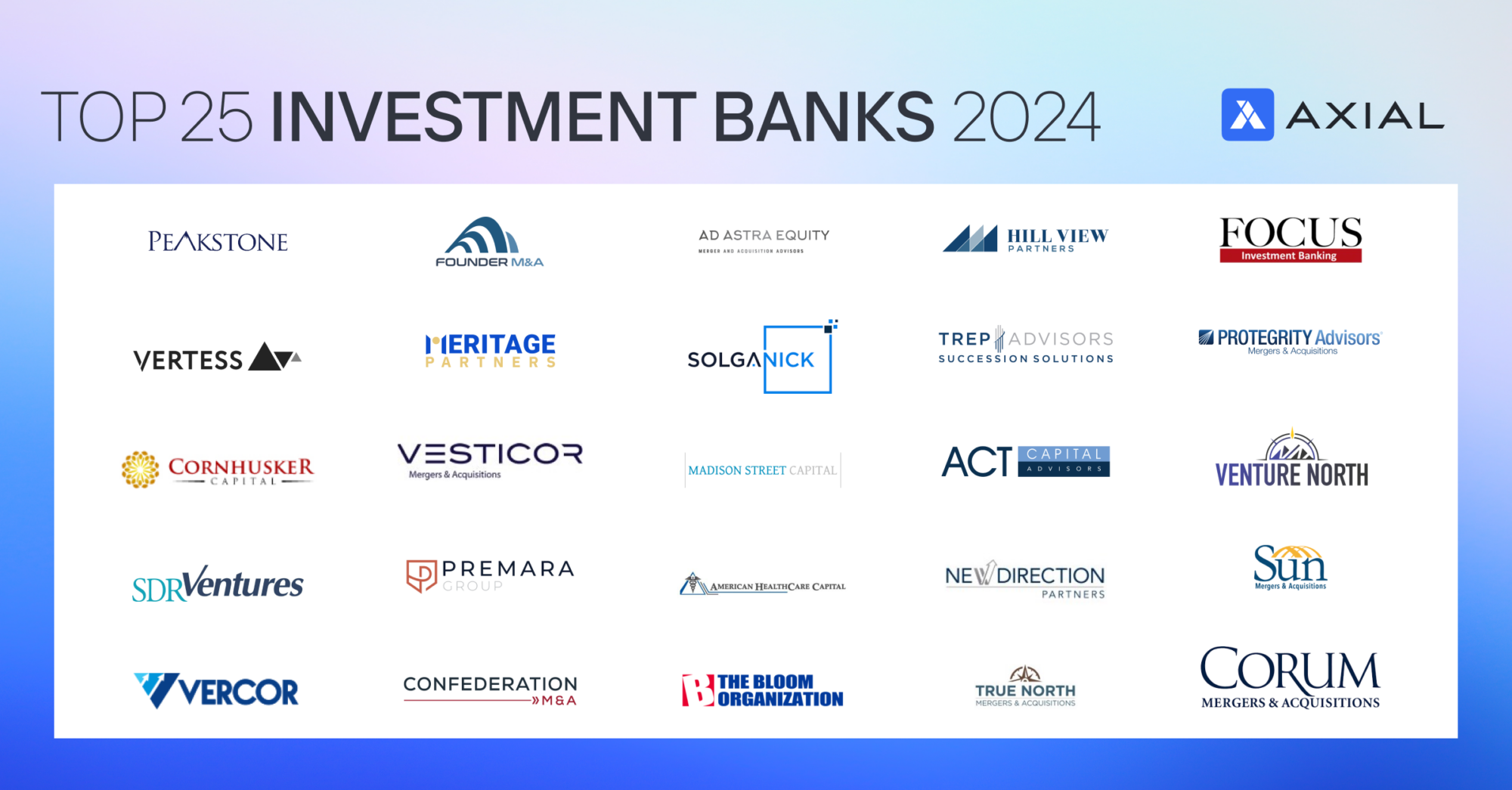
Top 25 Lower Middle Market Investment Banks | 2024
Axial is excited to release our 2024 Lower Middle Market Investment Banking League Tables. To assemble this list, we reviewed…
Tags
Even at a time where private companies are seeking cross-border growth, and dealmakers indicate their interest in foreign domiciles is growing, the best place for private equity investment remains here at home.
In a recent study by IESE Business School, investors rate the U.S. as the most attractive country when it comes to PE allocations. The study measured regions based on several “key drivers” — economic health (GDP and growth prospects), the depth of capital markets (IPO activity and financial market sophistication), taxation (incentives for entrepreneurs and ease of filing), investor protections and corporate governance (legal protections), the social environment (education, labor regulations and corruption measures) and last, but certainly not least, entrepreneurial opportunities (innovation, R&D, and the ease of starting, running and closing a business). With these inputs, researchers determined which domicile not only had the most demand for private equity investment but also an organized and efficient deal making environment to successfully meet that demand.
The U.S. has been number one six years running and is expected to hold the top spot for the foreseeable future. Last year, U.S. private equity returned to LPs the highest amount in annual capital distributions in history, a record $153.5 billion.
The U.K. topped its European counterparts, jumping two spots from the previous year to come in second based on improved GDP and entrepreneurial opportunities. Canada, Singapore and Japan also made the top five, respectively.
Corporates Look to Europe
Meanwhile, strategic buyers (who by the way, look to be private equity’s main competition in a heated M&A environment) are increasingly exploring deals in Europe.
After years of conservative growth, some of the U.S.’ largest and in many cases multi-national companies are flush with cash and and much of it is parked abroad. Of the $1.73 trillion held by these companies, $1.1 trillion is held overseas. Instead of losing that money through repatriation, companies are using that cash to fund a more aggressive avenue of growth. That, combined with a strong dollar position, is encouraging these companies to get the deals done.
Additionally, the region’s low-interest rate environment and still-depressed valuations due to a slower economic recovery than the U.S. makes it an attractive place for U.S. companies to look for acquisitions. The latest Dealogic data confers that U.S. companies have inked $132.06 billion in purchases in the region.
Around the World
Emerging markets and developing economies present potentially attractive return profiles to investors willing to take on a bit more risk. Private equity investors are looking beyond the BRICS to “catch-up” countries such as Mexico, Indonesia and Turkey. The report cites that “the size of a population combined with expected economic growth is a simple indicator for deal opportunities.” The biggest issues in these economies include those related to corporate governance and investor protections.
The creators of the study put together a helpful heat map to compare and contrast the viability of nations around the world: https://blog.iese.edu/vcpeindex/heat-map/.
